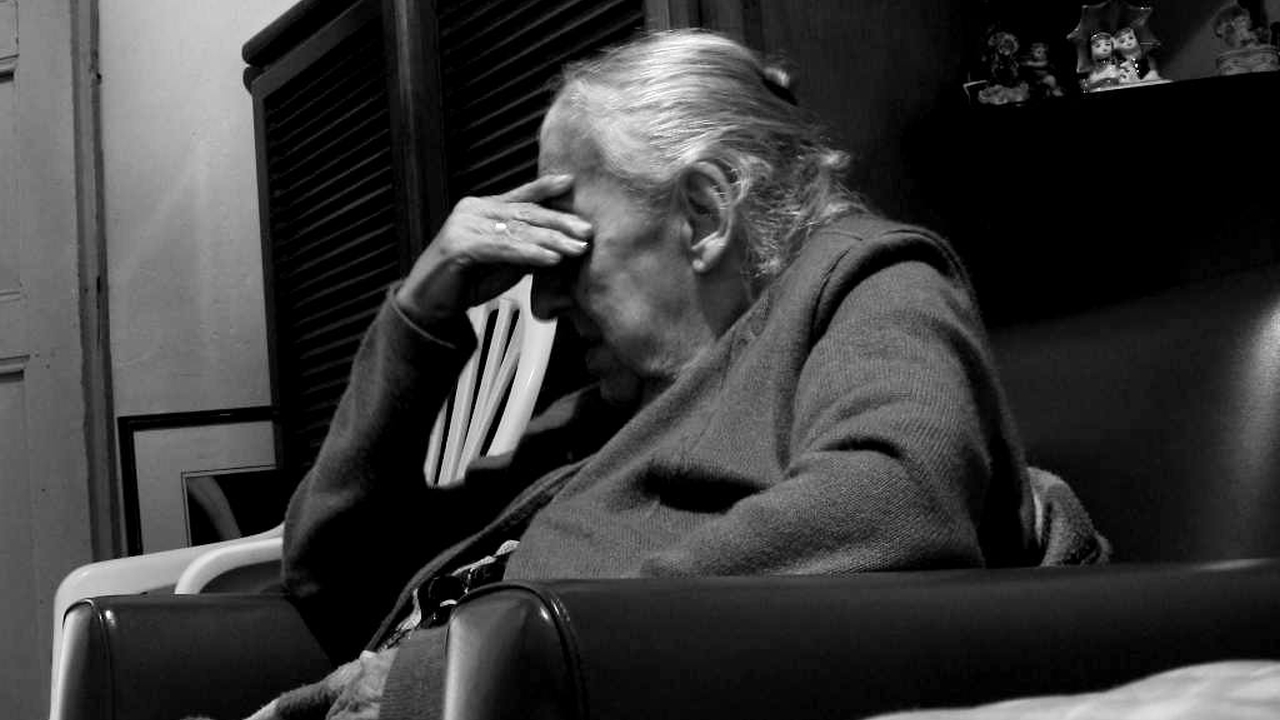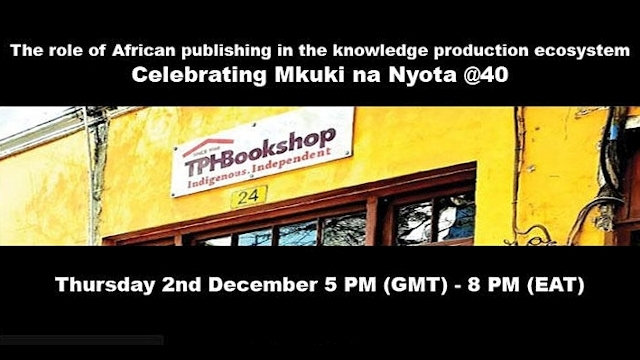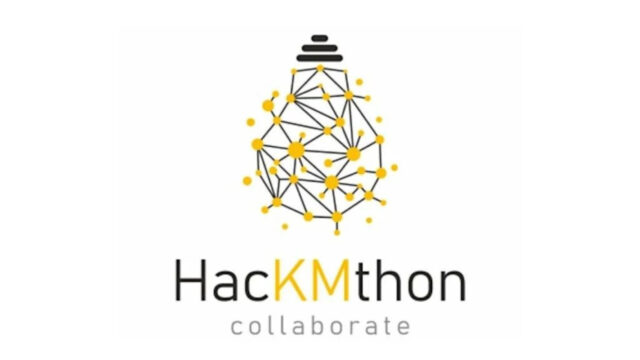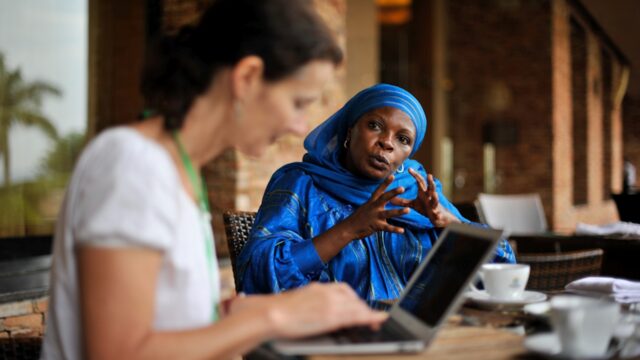
An example of how knowledge from the Global South can help the COVID-19 response
This article is part of a series of articles exploring the COVID-19 coronavirus pandemic from a knowledge management perspective.
For many Australians life as they know it has ceased to exist. But for many older people living alone solitude is a way of life, and they remain calm yet very concerned.
Faced with mortality, Sue Ingleton regrets not saying thank you to her unloved body for all its years of service.
“I’ve just suddenly thought, ‘You’re at risk from something you never even knew about’,” she said.
Fiercely independent, the 75-year-old is not afraid of death but the thought of dying painfully away from her family brings her to tears.
“The horror of that would be that you would die alone,” she said.
“Not being able to breathe would be the worst thing in the world.”
The Castlemaine resident admitted she was the “perfect candidate” for the virus with her perpetual “shitty cough”.
“I’m on the wrong side of the track for this,” she said.
(Source: ABC News)
More than one-quarter of older Australians – those aged 65 years and over – are like Sue Ingleton and live alone1. The situation is similar in other countries of the Global North. For example, in the United States, 27% of adults ages 60 and older live alone2, and in the European Union, 28.5 % of the population aged 65 years and over have been living alone3.
These statistics translate into very large numbers of people. For example, in England more than 2 million people over the age of 75 live alone, and more than a million older people report going for more than a month without speaking to a friend, neighbour, or family member4. Further, nearly all older people have at least one long-term health condition5. Additionally, many disabled people also live alone6, and people with severe or profound disability are more likely to have acquired a long-term health condition earlier than those without disability7.
This means that across the Global North, there are many people who, just like Sue Ingleton, live alone and have health conditions that increase their vulnerability to COVID-19.
What can be done to help people like Sue?
Previous RealKM Magazine articles have alerted to the extent to which Euro-American ways of knowing, knowledge production, and theoretical thinking dominate the world. This knowledge hegemony means that not only are the countries of the Global South forced to adopt processes and practices that are inappropriate to their local realities, but sadly that knowledge from the Global South that could potentially benefit the Global North often never sees the light of day.
Fortunately, there’s a growing acknowledgement of this problem in academia, with researchers starting to actively work to promote an increased awareness of potentially beneficial ideas from the Global South.
One example is a newly published article8 in The Lancet, which directly addresses the COVID-19 situation of Sue Ingleton and the many other people like her.
The article authors propose a large-scale emergency program to train community health workers to support people in their homes, initially the most vulnerable but with potential to provide a long-term model of care. They argue that experience from Brazil, Pakistan, Ethiopia, and other Global South nations shows how a coordinated community workforce can provide effective health and social care support at scale.
The community health workers could undertake the regular review of vulnerable people at home, either in person or virtually, depending on need. When patients become ill, the community health workers could undertake a simple assessment of the need for more advanced care, reporting to other members of primary care teams.
Header image source: Wikimedia Commons, CC BY 2.0.
References:
- Australian Bureau of Statistics (2016). 4430.0‐Disability, Ageing and Carers, Australia: Summary of Findings, 2015. ↩
- Ausubel, J. (2020). Older people are more likely to live alone in the U.S. than elsewhere in the world. Pew Research Center. ↩
- European Commission (2011). EU statistics on income and living conditions (EU-SILC). ↩
- National Health Service (2018). Loneliness in older people. ↩
- Australian Bureau of Statistics (2006). 4833.0.55.001 – Health of Older People in Australia: A Snapshot, 2004-05. ↩
- Central Statistics Office (2016). Census of Population 2016 – Profile 9 Health, Disability and Carers. ↩
- Australian Institute of Health and Welfare. (2010). Health of Australians with disability: health status and risk factors. Canberra: AIHW. ↩
- Haines, A., de Barros, E. F., Berlin, A., Heymann, D. L., & Harris, M. J. (2020). National UK programme of community health workers for COVID-19 response. The Lancet, 395(10231), 1173-1175. ↩
Also published on Medium.






